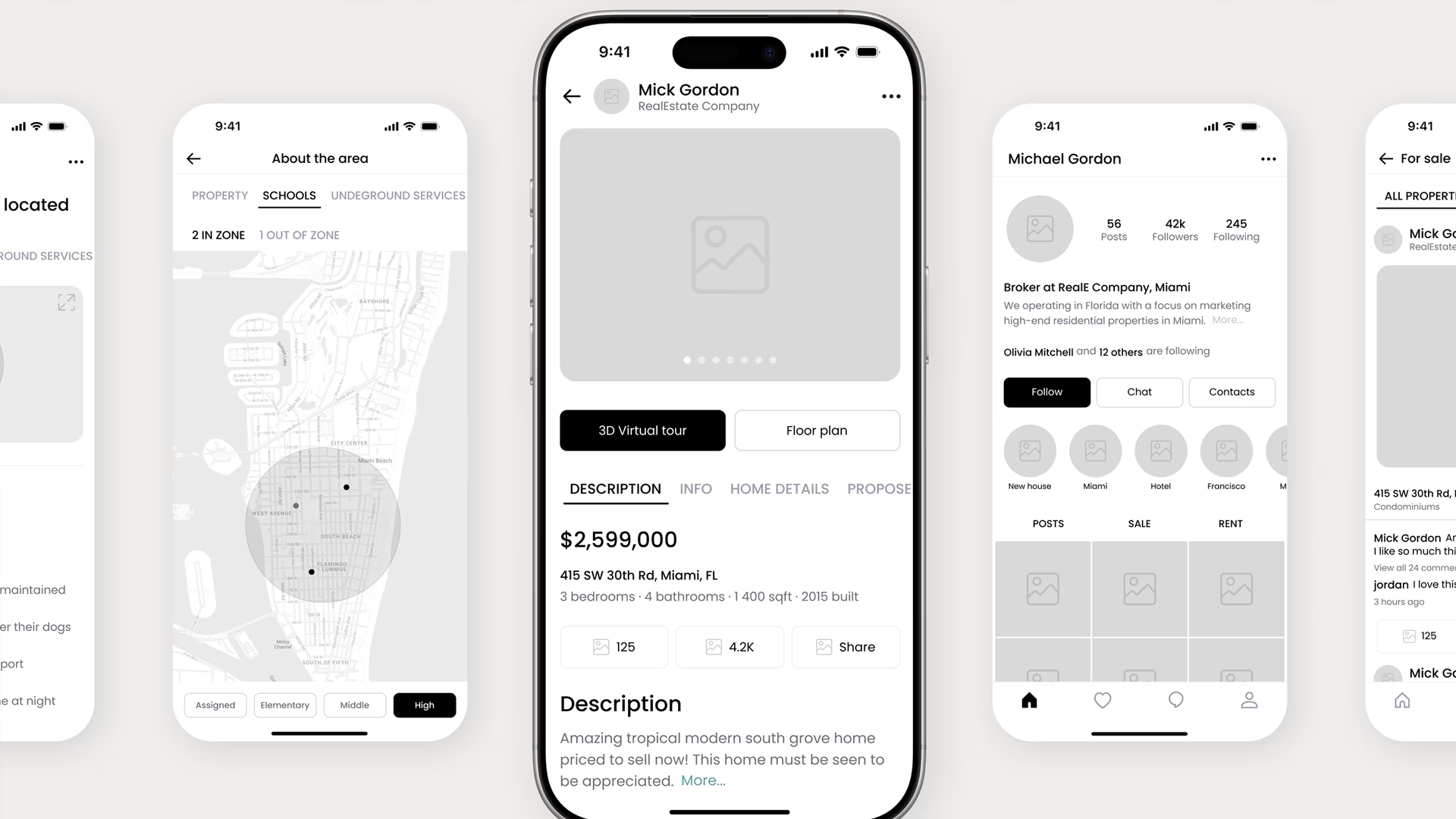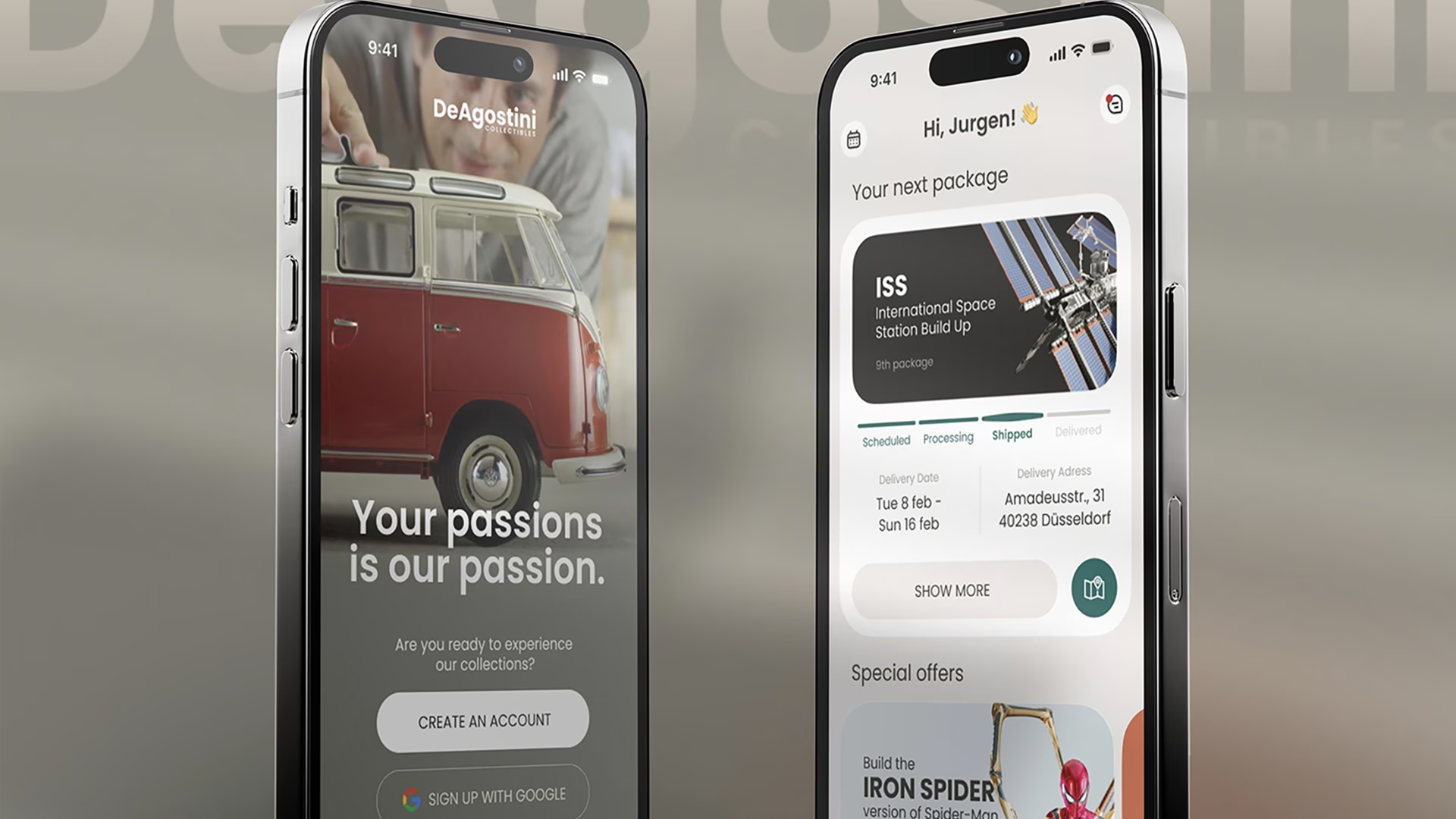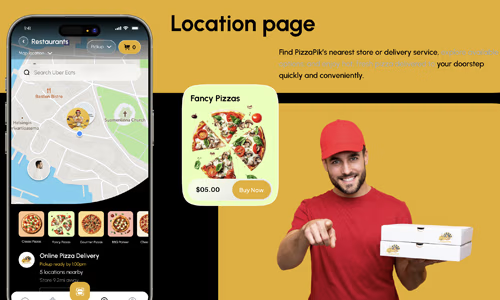" Mobile phone app development has become a cornerstone of the digital age, enabling businesses, individuals, and communities to engage with technologies that are versatile, user-friendly, and innovative. With billions of smartphone users worldwide, app development is no longer a niche market but a thriving and competitive industry. This article explores the fundamentals of mobile app development, its challenges, and its promising future. "
Understanding Mobile Phone App Development
- Conceptualization and Ideation
The first step in app development is brainstorming and defining the concept. Developers and stakeholders identify the app's target audience, purpose, and features. This is also the phase where competitors are analyzed and market gaps are identified.
- Design and Prototyping
Once the concept is clear, designers create the app's user interface (UI) and user experience (UX). Prototypes and mockups are developed to visualize the app's functionality and appearance. This step ensures that the app will be intuitive and appealing to users.
- Development and Coding
The development phase involves writing code for the app. Developers choose programming languages and frameworks based on the app's requirements. For Android apps, Java or Kotlin are commonly used, while Swift or Objective-C are preferred for iOS apps. In cross-platform development, frameworks like Flutter or React Native are leveraged.
- Testing and Quality Assurance
Testing is crucial to identify and resolve bugs, glitches, and inconsistencies. Developers conduct unit tests, integration tests, and user acceptance tests to ensure the app performs well across different devices and operating systems.
- Deployment and Launch
After rigorous testing, the app is deployed to app stores such as Google Play or Apple App Store. Developers must comply with store guidelines and optimize app descriptions and keywords for discoverability.
- Maintenance and Updates
The launch is just the beginning. Regular updates are essential to adapt to new technologies, fix issues, and enhance features, ensuring user retention and satisfaction.

Challenges in Mobile Phone App Design & Development in USA
- Device and Platform Fragmentation
The diversity of mobile devices and operating systems makes it challenging to develop apps that function seamlessly across all platforms. Developers must account for varying screen sizes, resolutions, and hardware capabilities.
- Security Concerns
Apps often deal with sensitive user data, making them targets for cyberattacks. Developers need to implement robust security measures, including encryption, secure APIs, and regular security audits.
- User Expectations
Modern users demand apps that are fast, efficient, and visually appealing. Meeting these high expectations while maintaining functionality is a balancing act that requires creativity and technical expertise.
- Regulatory Compliance
Navigating privacy laws such as GDPR and CCPA is essential but can be complex. Developers must ensure their apps comply with regulations to avoid legal issues.
- Monetization Strategies
Choosing the right monetization model—freemium, subscriptions, ads, or in-app purchases—requires careful consideration of user behavior and market trends. Poorly executed strategies can alienate users.

Want to get your FREE consultation today ?
Contact Us
Sales and General Inquiriesfindus@influxive.com
"Influxive Technologies:
Driving Innovation with Purpose, Innovative Solutions for a Balanced Future"
Future Trends in Mobile Phone Application Development in USA
- Artificial Intelligence and Machine Learning
AI-powered apps can offer personalized experiences, predictive analytics, and voice recognition capabilities. Machine learning algorithms enhance app functionality by analyzing user data and adapting accordingly.
- Augmented Reality (AR) and Virtual Reality (VR)
AR and VR are revolutionizing industries such as gaming, education, and retail. Apps integrating these technologies offer immersive experiences that captivate users.
- Internet of Things (IoT)
IoT-enabled apps connect smart devices, allowing users to control their homes, vehicles, and workplaces remotely. This trend is particularly impactful in energy management and healthcare.
- Blockchain Technology
Blockchain provides secure and transparent systems for financial transactions and data sharing. Apps leveraging blockchain can facilitate cryptocurrency exchanges and safeguard sensitive information.
- Low-Code and No-Code Platforms
These platforms simplify app development, enabling non-technical users to create apps using drag-and-drop interfaces. This trend democratizes app creation, making it accessible to a broader audience.




